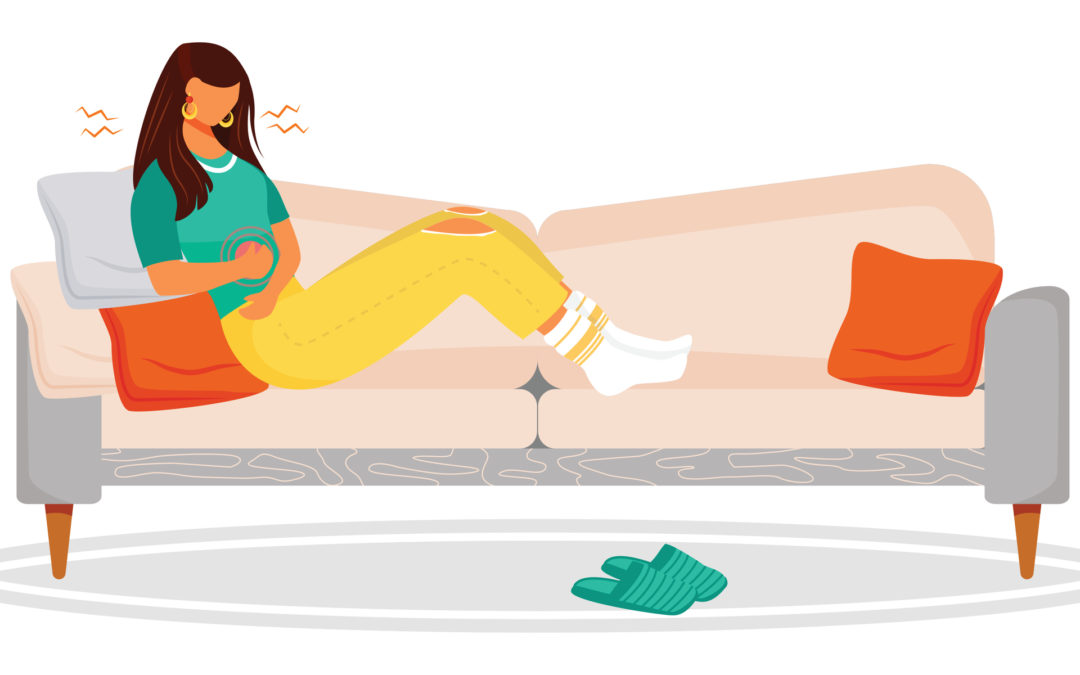Only 50% of women talk about it and as little as 11% seek a gynaecologist’s advice: period pain is one of the problems women tend to brush aside when they are fertile. That’s the surprising outcome of a research conducted in the Netherlands.
The survey – conducted online by Mark Schoep of the Radboud University Medical Centre in Nijmegen on a sample of 43,000 women aged between 15 and 45 – revealed that 85% of the interviewed declared they suffer from menstrual cramps, 77% complained about having mood-related disorders and 71% claimed they feel particularly tired. However, despite the fact that period pain hinders daily activities for over one third of women, only 48.6% have talked about it with someone close.
Cramps, moodiness, fatigue, pain and ailments significantly affect a woman’s wellbeing and daily activities. Yet less than half of all women talk about this issue with friends or relatives or seek medical help. Just a scant minority addresses the problem by talking to a gynaecologist. That’s quite alarming, because period pain usually conceals more complex issues.
In fact, according to the Dutch research, roughly one woman in ten – after talking to the general practitioner – was diagnosed with one of the following pathologies: endometriosis, polycystic ovary syndrome and thyroid disorders. Furthermore, period pain can indicate the presence of uterine fibroids, the most common benign tumour among women of childbearing age.
Then again, the results the Dutch study unveiled do not come as a surprise: bearing the pain and deeming it “something normal” is quite typical of women. But resorting to self-medication, waiting for the pain to disappear, continuing to work and perform daily tasks, is simply wrong. Avoid overindulging in painkillers and seek professional help (possibly a specialist) should the pain show up repeatedly.

Recent Comments